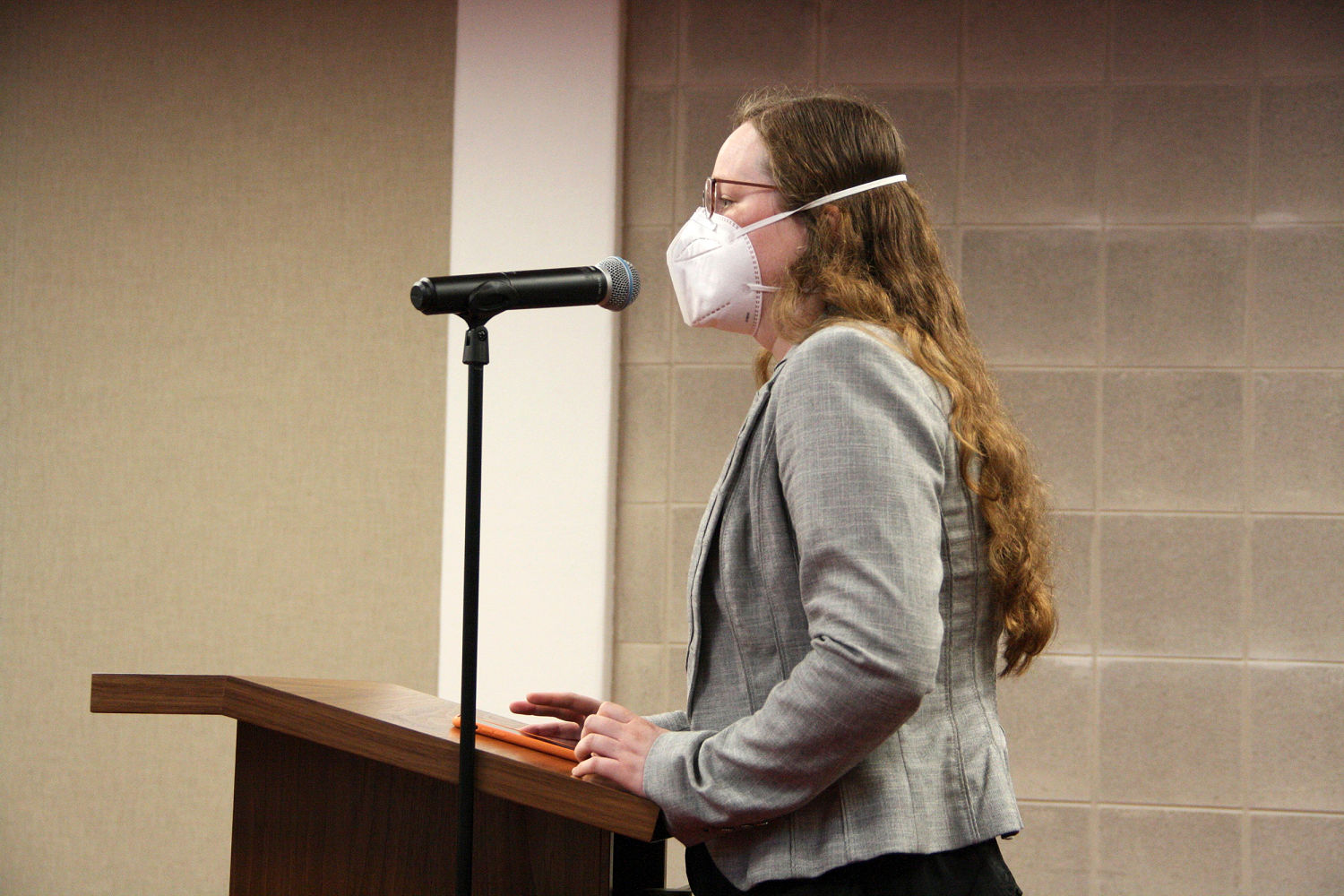Women and men sleep differently, so their sleep disorders shouldn’t be treated the same way, suggests new research that explores the biological sex characteristics of getting shut-eye. Men are more likely to have obstructive sleep apnea , while women are more likely to experience insomnia and report lower sleep quality. These are among the findings of a literature review published in April in the journal Sleep Medicine Reviews .
The researchers hailed from Harvard University, Stanford University, and the University of Southampton in the U.K. This research is as much about precision medicine as it is sleep disparities between the sexes, says coauthor Renske Lok, PhD , a postdoctoral fellow at the Stanford Center for Sleep and Circadian Sciences .

“We’re trying to move away from the one size fits all,” she tells Fortune . “[Medicine] needs to be more tailored.” Understanding how and why biological sex impacts various sleep disorders is a critical step toward individualized treatment.
However, the long-standing lack of inclusion of women in biomedical and behavioral research is a hindrance. The National Institutes of Health didn’t require studies to account for sex as a biological variable until 2016. “The biggest finding is that we absolutely have to do better in including women in our research designs,” Lok says.
“Historically, women have not been included as much as men, in part because it was always assumed results from men would translate automatically t.






















